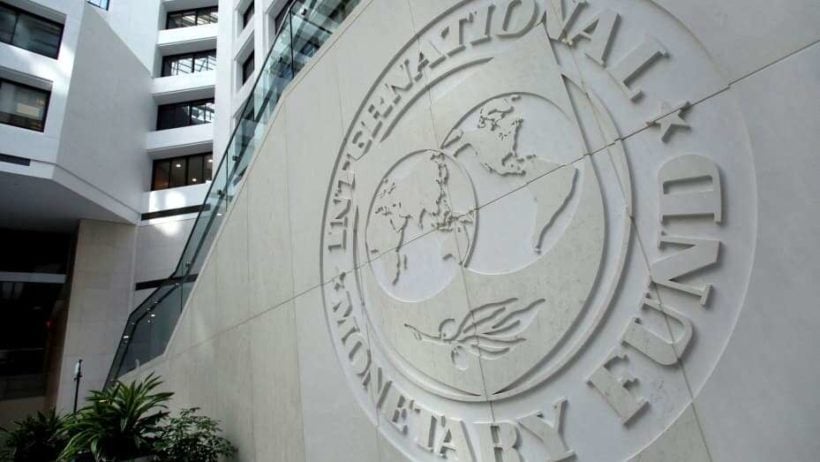
The International Monetary Fund has cut its forecast for African economic growth by 0.3 percentage points, citing multiple shocks hitting the continent including U.S. President Donald Trump’s sweeping tariffs across the world.
While lauding resilience across the continent, the Washington-based lender now expects its 54 economies to expand by 3.9 percent this year, down from its October forecast of 4.2 percent, it said in a joint statement by its Managing Director Kristalina Georgieva and Hervé Ndoba, the Central African Republic’s Minister of Finance and Budget who is Chair of the African Caucus.
‘’The strong policy actions that have been taken to bring down inflation, stabilize public debt, and reduce external imbalances risk being undone in the face of further shocks,’’ the statement said. “Risks to the outlook are high amid elevated uncertainty and there are significant differences across countries, with fragile and conflict affected states facing particularly acute challenges.’’
President Trump’s universal tariffs threaten recovering growth across Africa and access to the world’s largest economy through the African Growth and Opportunity Act which is due for renewal this year. Lesotho, derided by Trump as a country nobody has ever heard of, ended with the world’s largest rate at 50 percent.
The continent has struggled to respond, with some countries including Zimbabwe and South Africa saying they would not retaliate and seeking talks, while Kenya has said it is confident it will secure a deal on its own.
The joint statement said African countries will need to intensify domestic reform efforts in the face of the disruption, in order to promote fiscal sustainability while strengthening economic integration through the African Continental Free Trade Agreement (AfCFTA). Central banks should cut rates where appropriate to support economic growth, it added.
‘’At the same time, ambitious structural reforms will unlock growth and drive job creation,’’ it said. “The IMF will remain agile in adapting our toolkit, policy advice, and capacity development to respond to emerging challenges, including from more frequent shocks and transformational shifts from digitalization and AI.’’
The IMF said it remained supportive of initiatives like the G20 Common Framework and the Global Sovereign Debt Roundtable on debt reduction to help countries battling high debt. World Bank figures show average African government debt to gross domestic product ratios remain high at around 60 percent.
The African Caucus, which is made up of African finance ministers and central bank governors, meets with fund management at its annual meetings while the African Consultative Group comprises the Fund Governors of a subset of 12 African countries who are members of the African Caucus and only meets at the Spring Meetings.

